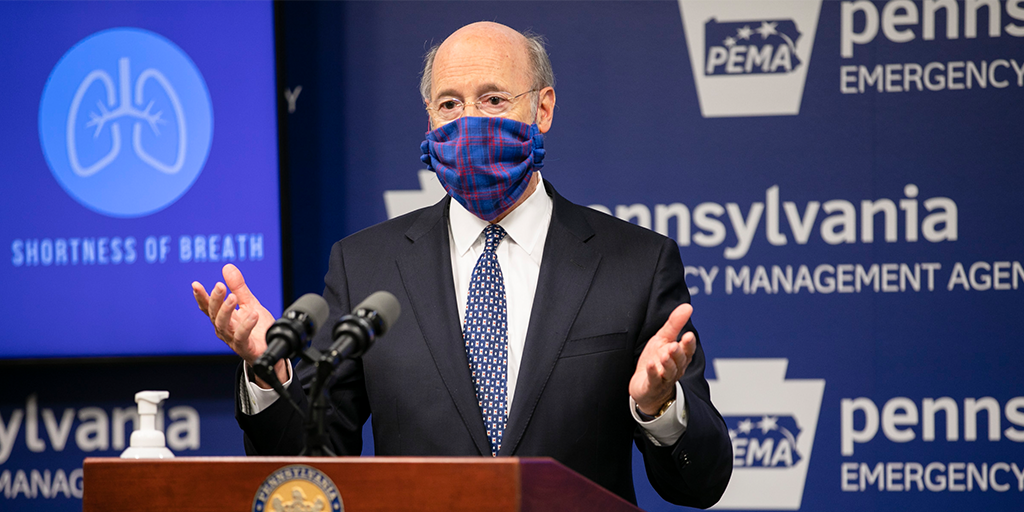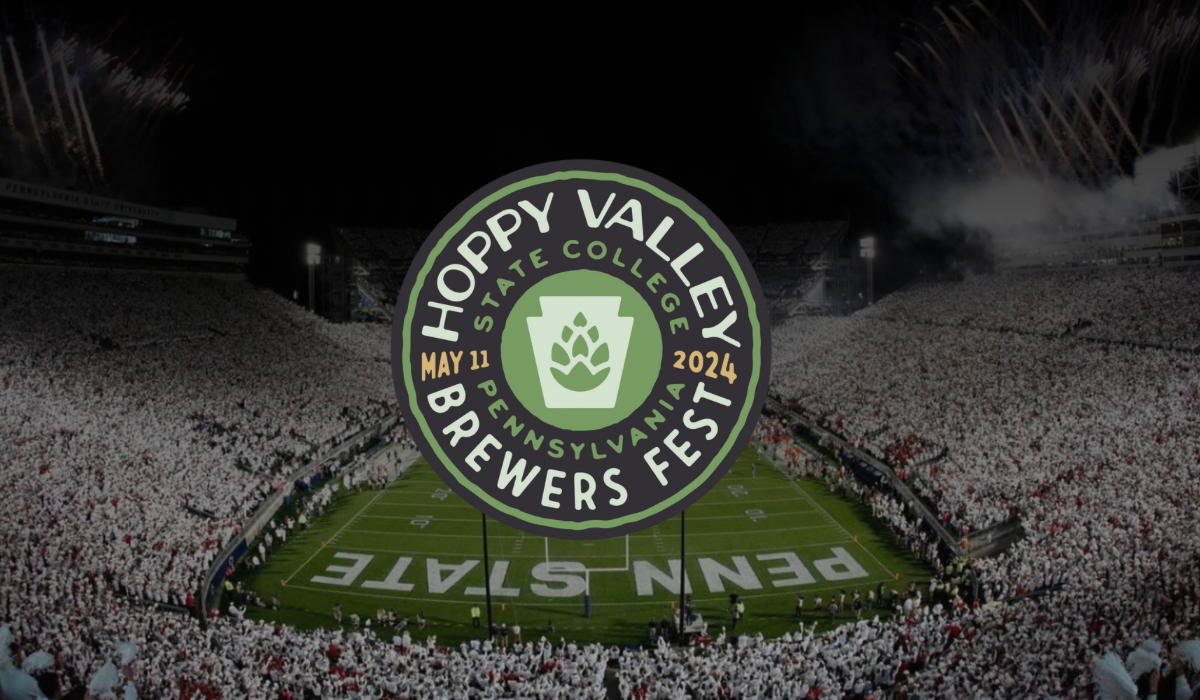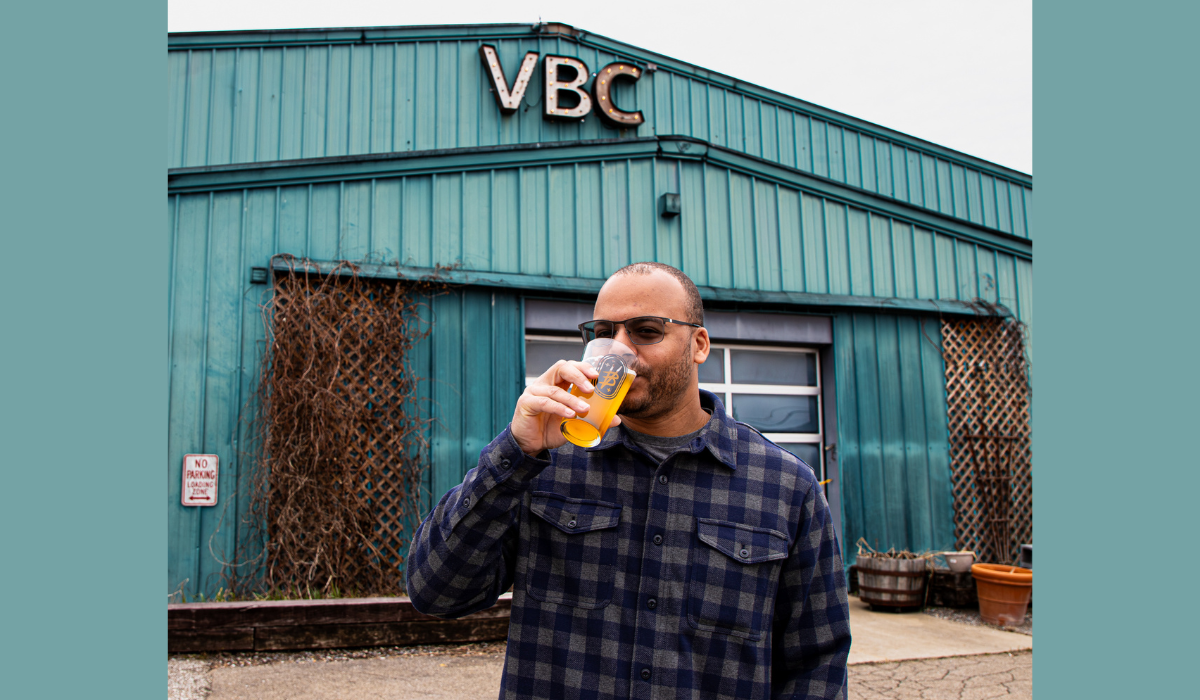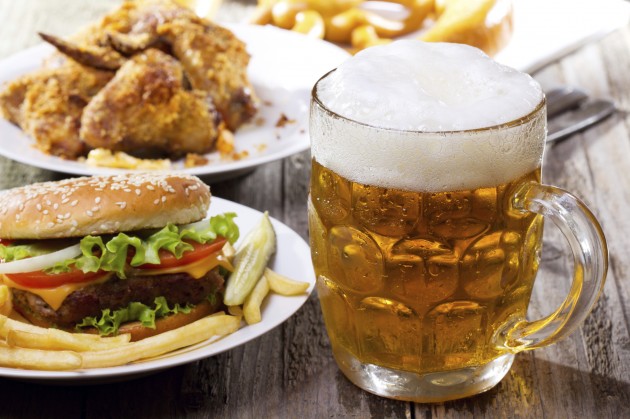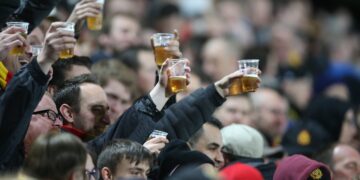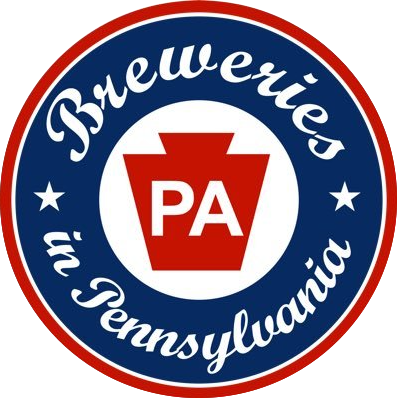In the world of Coronavirus, things are changing daily. And quite frankly it’s hard to keep up with it all. But, that doesn’t mean we won’t do our best to make sure you are in the know with the latest.
We recently sat down with Matt Andersen of Norris McLaughlin, P.A. located in Allentown, to learn about everything taking place currently. Norris McLaughlin counsels and advises many businesses in the alcohol manufacturing and retail industries.
BIPA: What’s changed since the last update? What’s new?
Matt: On 7/16/20, Governor Wolf’s new order went into effect further limiting the operating privileges of Pennsylvania’s hospitality businesses. The major changes are as follows:
(1) inside occupancy limited to 25% of capacity,
(2) no on-premises alcohol sales without a “meal” as part of the transaction,
(3) indoor events are now limited to 25 people maximum including staff.
Immediately, all manufacturers such as breweries that do not have kitchens were concerned and wanted clarification of what a “meal” was. We did not get anything on that until earlier this week when the Department of Health released this FAQ addressing some of the issues presented by the Governor’s new order.
Finally, last night, a full week after the Governor announced the new restrictions, we finally got some guidance from the Liquor Control Board here. I answer about what a meal is below, but the major part of this for breweries and other manufacturers, without kitchens or permitting to prepare food, is that the “meal” can be provided by a third party and they just need proof of meal purchase to be served alcohol. Some interesting points that are interesting/troublesome for everyone is that: if part of a group, it sounds like only one meal is required within that group, and drinks may be consumed and ordered through the duration of the meal – but not after which will likely lead to a lot of slow eaters. I will give PA credit that we are letting third party food providers assist in meeting these requirements because many states have effectively shut down all businesses without food available.
BIPA: What constitutes as a meal?
Matt: From the PLCB’s Guidance: “The term “meal” is defined in section 406 of the Liquor Code as “food prepared on the premises, sufficient to constitute breakfast, lunch or dinner.” The definition expressly states that a snack, such as pretzels, popcorn, chips or similar food does not meet the definition of a meal.” As you can imagine, this is very much still up to an interpretation, which is how most of the Liquor Code is. Due to that, it is going to be difficult for enforcement actions if a business is taking the necessary steps to ensure food is available and purchased prior to the sale of alcohol.
BIPA: What are the penalties for breaking any of these rules?
Matt: There have been mostly warnings issued so far during these restrictions, but there have been some citations issued that will have varying financial fines. I have heard of instances of license suspension but thankfully have not had any clients in that situation. There was, and likely still is, confusion about these rules at the enforcement level which may be leading to a less actual citation for violations. I also believe that many businesses are following the rules as written, and there are a select few that get the attention and have lead to further restrictions. Unfortunately, the Governor has decided to impact the entire industry for the actions of a few apples instead of enforcing the prior rules against those businesses and praising the businesses that made substantial investment and effort to comply.
BIPA: What are you seeing breweries offer that may now be against the rules? (Uncrustables, lunchables, cereal, etc.)
Matt: I am not even sure that those will necessarily be against the rules at this point as long as it would be sufficient to constitute breakfast, lunch or dinner. I know there are other licensed businesses in the state that use packaged cheese and crackers to meet their food requirement in their grocery or convenience stores, so why would that not be sufficient here. Unfortunately, this will be an enforcement decision at the time of an investigation and is up to interpretation. Until we start seeing enforcement of this, which will likely begin now that the PLCB released this new guidance, it will be tough to tell what will fly. I would recommend that all businesses without kitchens get in touch with a food truck or local food provider to meet these requirements instead of risking a citation.
BIPA: What is the easiest way for a brewery to stay open but also comply with the new rules?
I recommend that all businesses without kitchens or health permitting to prepare food get in touch with a food truck or local food provider to meet these requirements, which many do already, instead of risking a citation. Something that was always an option, and you started to see put in use at the beginning of all of this, was the ability for breweries to make sales to go. They can continue to make sales to go, so long as it is in a sealed container and not consumed until off of licensed areas. I think many breweries that cannot comply with this meal requirement will go back to this method and set up tables in unlicensed areas for customers to sit at.
As we stated, things are changing fast, and Matt is an excellent resource to follow for updates. Feel free to follow him on Twitter to stay up-to-date: @MattBAndersen




